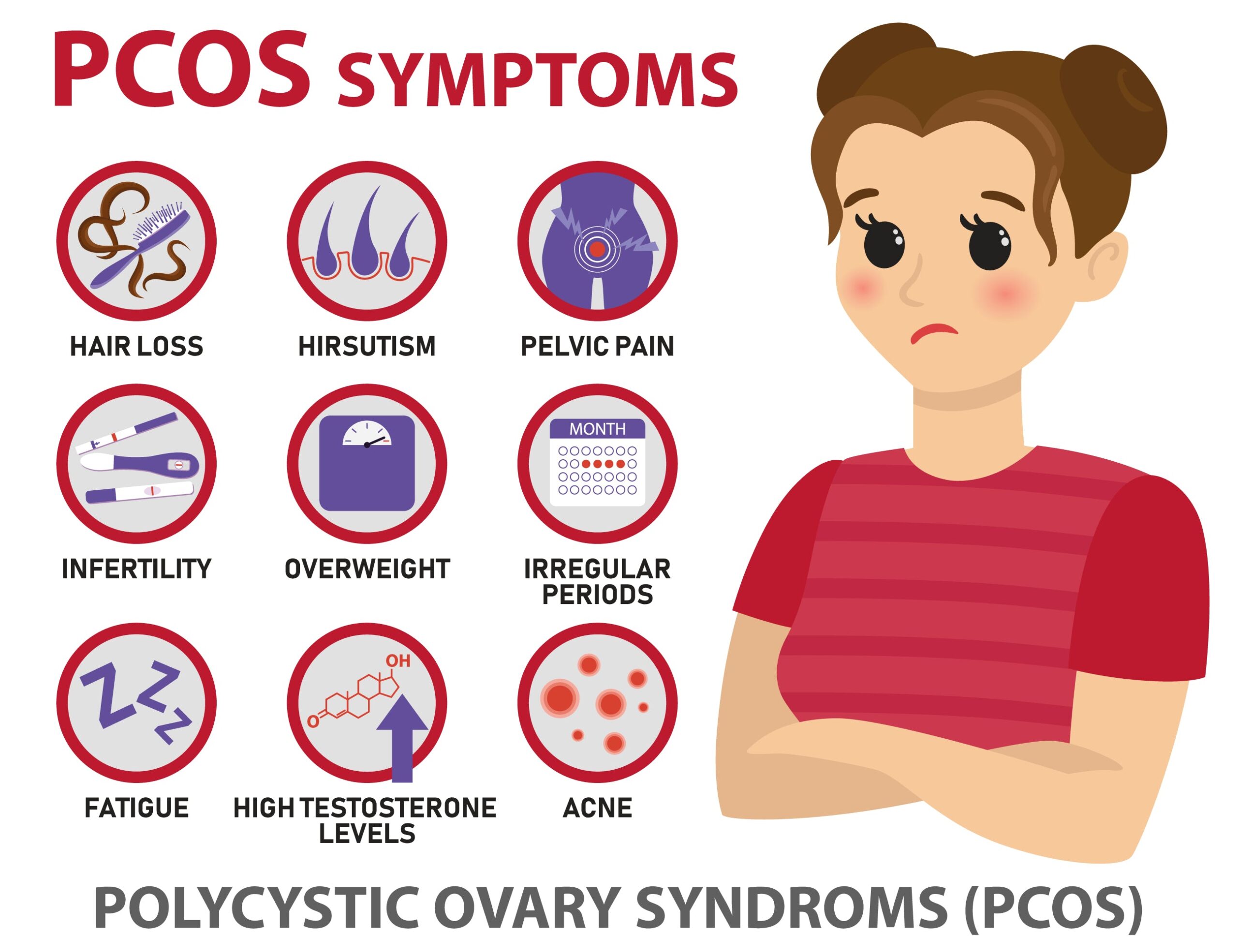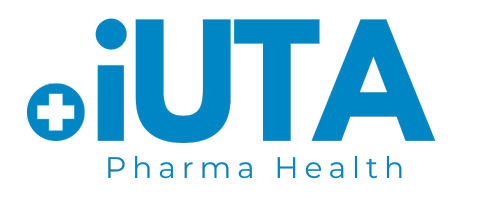Skin Care
Can pcos Go Away
Polycystic Ovary Syndrome (PCOS) is a common condition that affects many women of reproductive age. It happens when the body produces more male hormones than normal, leading to irregular periods, weight gain, and other health concerns. While it cannot be completely cured, its symptoms can be managed with lifestyle changes, medications, and medical guidance.

What Can Be Mistaken for PCOS?
PCOS shares symptoms with other conditions, which can make diagnosis tricky. Thyroid disorders, prolactin disorder, insulin resistance, and stress-related hormonal imbalances can mimic its symptoms. That’s why proper medical tests are needed before assuming you have PCOS.
How PCOS Affects Well-Being
PCOS affects more than just reproductive health—it can impact overall well-being in different ways:
- Irregular periods or missed cycles due to hormonal imbalance.
- Weight gain, especially around the stomach area, making it harder to maintain a healthy weight.
- Acne and excessive hair growth on the face, chest, or back due to increased male hormones.
- Thinning hair or hair loss similar to male-pattern baldness.
- Mood changes like anxiety or depression, affecting emotional well-being.
- Fertility challenges, as PCOS can make it harder to conceive naturally.
- Higher risk of diabetes and heart problems due to insulin resistance.
When to Seek Medical Help:
If you experience persistent irregular periods, difficulty losing weight, unusual hair growth, or fertility struggles, it’s best to see a doctor. Early detection and management can prevent complications and improve quality of life.
Prevention and Treatment of PCOS:
Prevention:
-
Maintain a healthy weight
-
Eat a balanced diet (low in processed carbs and sugar)
-
Exercise regularly
-
Manage stress effectively
-
Get enough sleep
Treatment:
- Lifestyle changes (diet, exercise, stress management)
- Birth control pills (to regulate periods)
- Metformin (for insulin resistance)
- Hormonal therapy (if needed)
- Consult a doctor for personalized care
How is PCOS Prevented and Treated?
Doctors usually diagnose through a combination of:
- Medical history and symptoms check
- Physical examination, including weight and blood pressure measurement
- Blood tests to check hormone levels and insulin resistance
- Ultrasound scan to examine the ovaries for cysts
CONCLUSION
Polycystic Ovarian Syndrome is a lifelong condition, but with proper management, its effects can be minimized. Eating a healthy diet, exercising regularly, and seeking medical advice when needed can help control symptoms. If you suspect PCOS, don’t ignore the signs—early diagnosis can make a big difference in maintaining overall health and well-being.
Monday to Friday :
9am – 8pm
Saturday :
10am – 7pm
Sunday :
10am – 6pm
